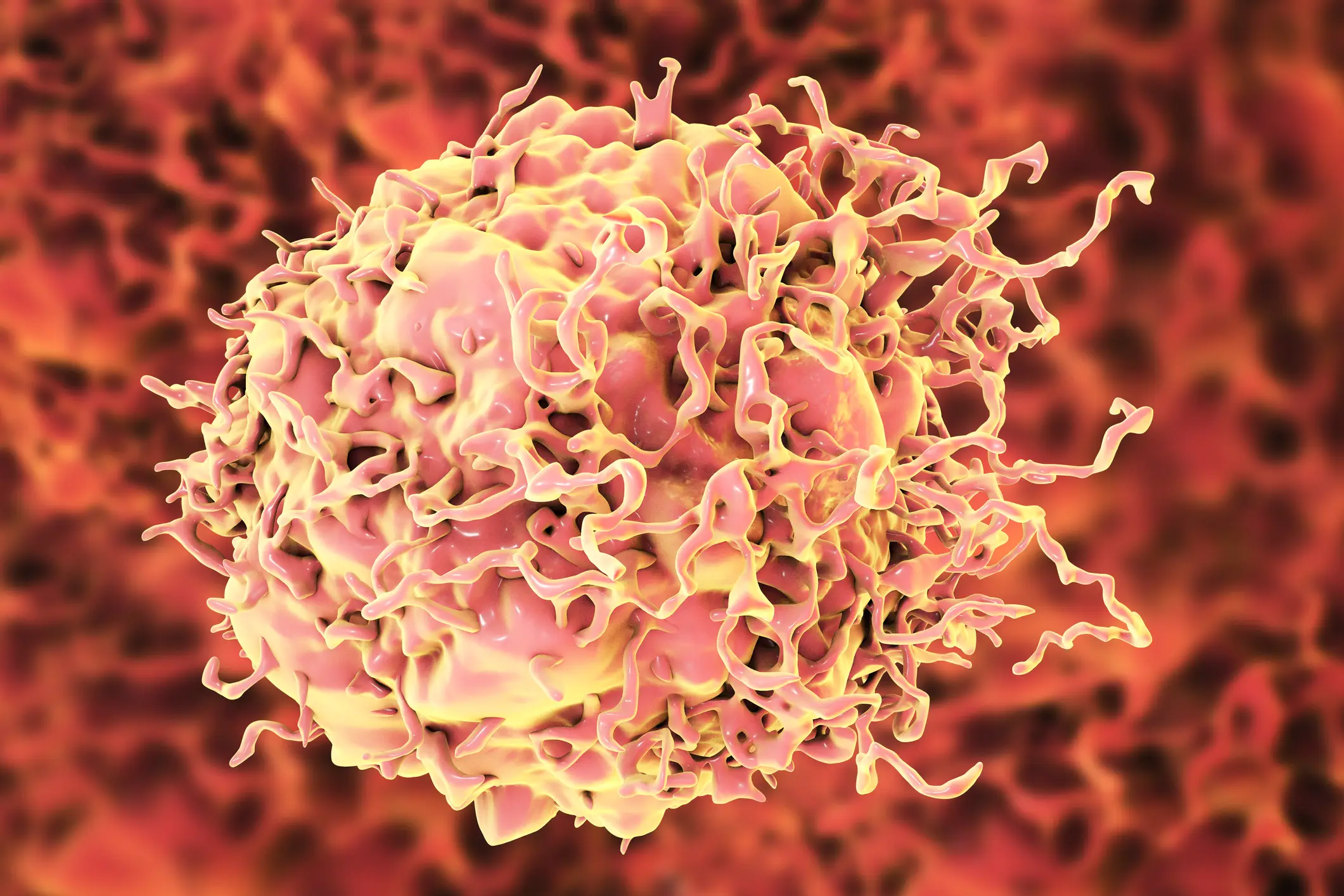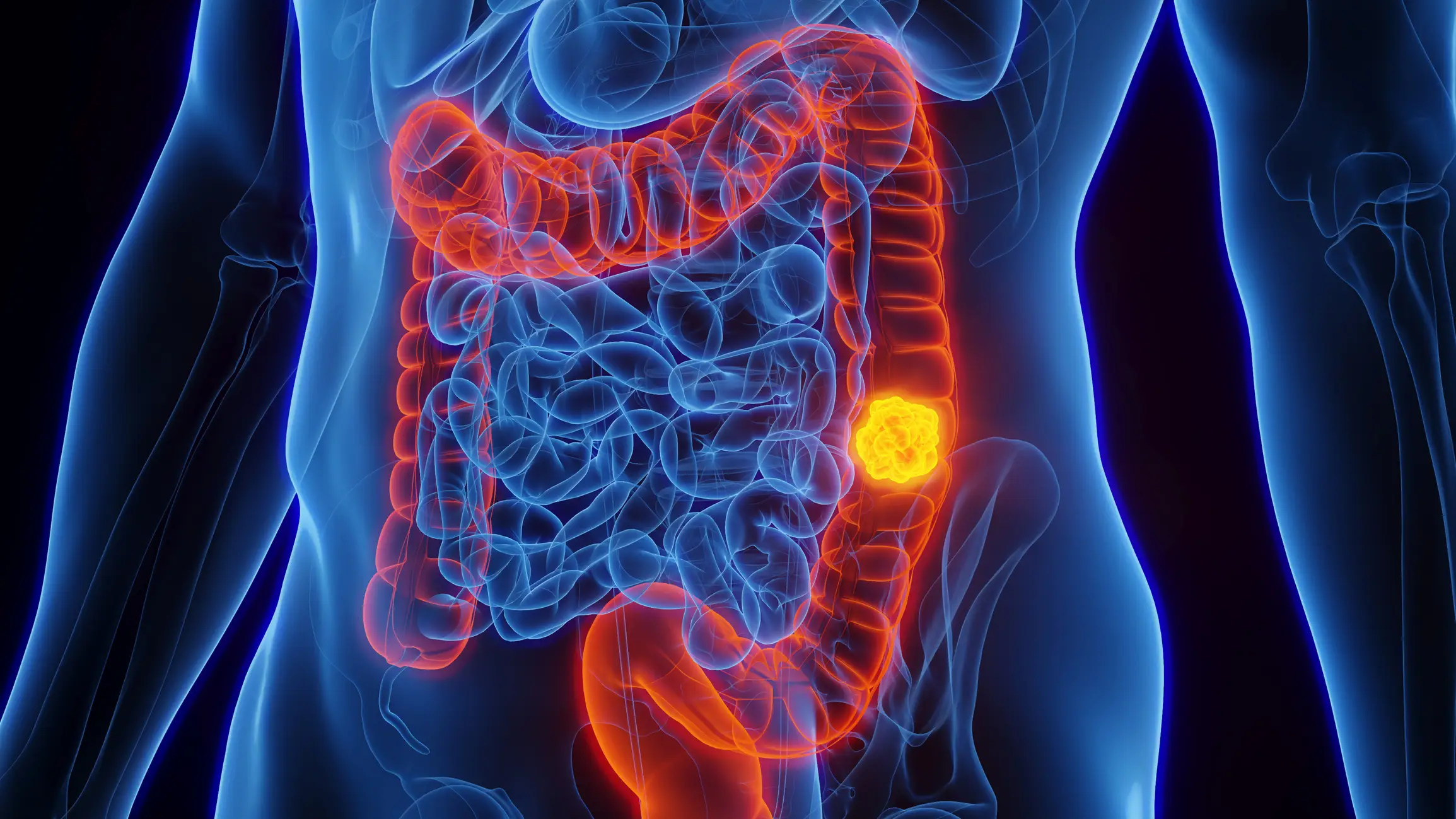
Scientists reckon they've made a link between a specific childhood eating habit and the rise in colon cancer in young people, but crucial questions still remain.
Cancer Research UK explains how rates of early onset bowel cancer are on the rise, with some of the steepest increases happening in England.
Statistics show that one in every 20 bowel cancer cases in the UK are in people under 50, and while it's not completely clear why this type of cancer is on the up in young patients, more information is being discovered.
According to a new study, exposure to a particular toxin in childhood or adolescence could pave the way to developing the cancer years later.
Advert

Justin Stebbing, Professor of Biomedical Sciences at Anglia Ruskin University, explained how a team of researchers examined the DNA of nearly 1,000 bowel cancer tumours from people in various countries.
They found a common variant linked to a mutation caused by something called colibactin, which is a DNA-damaging toxin produced by certain strains of the bacteria, E. coli.
It was 3.3 times more common in people under 40 than those over 70.
According to the study, the mutations usually emerge in the first decade, which could suggest that the bacteria causes changes early on in childhood and decades before a potential diagnosis is made.
"Unlike lifestyle risks that build up over decades, colibactin seems to strike during a narrow window – when the microbiome is still forming in childhood or early adulthood. Potential triggers could include repeated antibiotic use that disrupts healthy gut bacteria, highly processed diets that favour E. coli growth and urban living that reduces exposure to diverse microbial environments," Professor Stebbing wrote for The Conversation.

"These findings may also point to new prevention strategies. Screening programs could focus on younger adults carrying these high-risk bacterial strains, using stool tests to detect colibactin genes.
"Diets high in fibre and low in processed foods might promote a healthier gut microbiome, potentially suppressing harmful bacteria.
"The research also adds weight to calls for lowering colorectal cancer screening ages worldwide, since many early-onset cases go undetected under current guidelines."
However, there are still questions that need answering.
"While this study is a major step forward, many questions remain. Why do some people carry colibactin-producing bacteria but never develop cancer? How do modern lifestyle factors amplify – or mitigate – these microbial risks? What we do know is that cancer results from the complex interplay between our genes and our environment – including the microscopic world within us."

Colon cancer is the second biggest cause of death related to cancer, however only one in three cases are diagnosed in the earliest stage.
The cancer often begins as polyps and can take over a decade to develop.
This is why many experts believe regular screening is crucial.
"As researchers continue to connect the dots, one thing is clear: the colorectal cancer epidemic of the 21st century may have begun with silent microbial battles in our guts, decades before diagnosis," added Professor Stebbing.